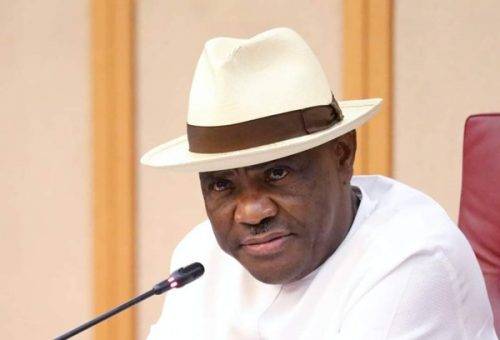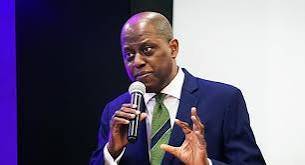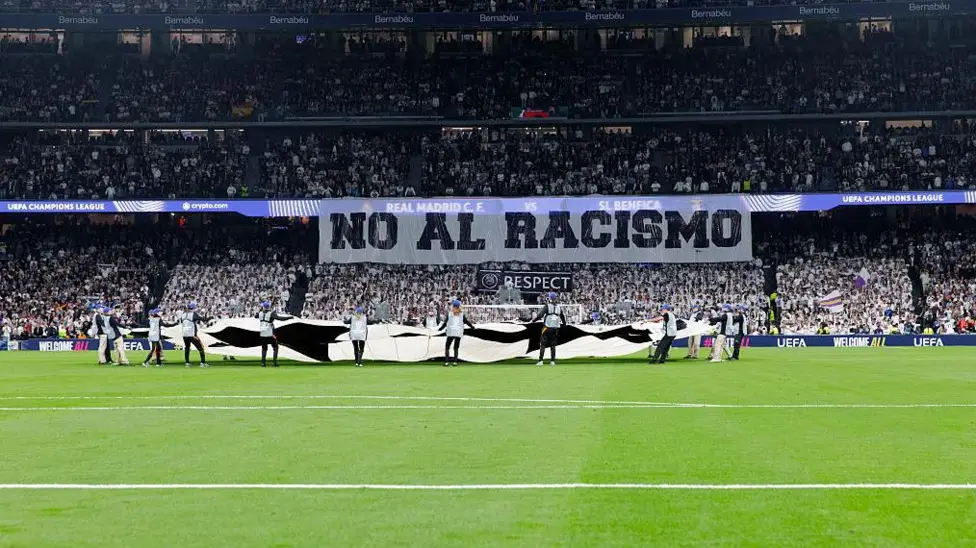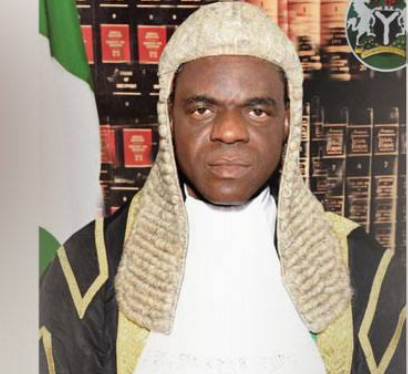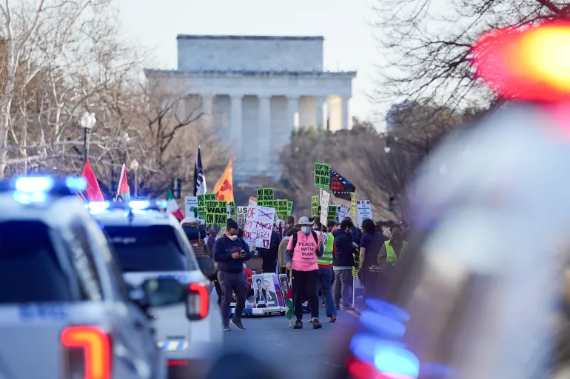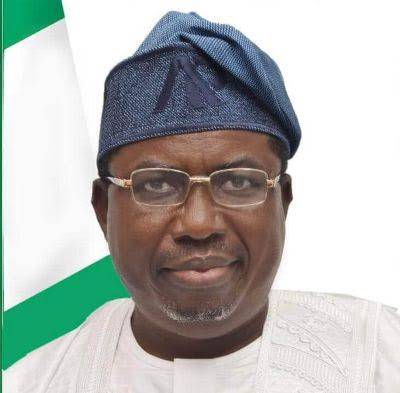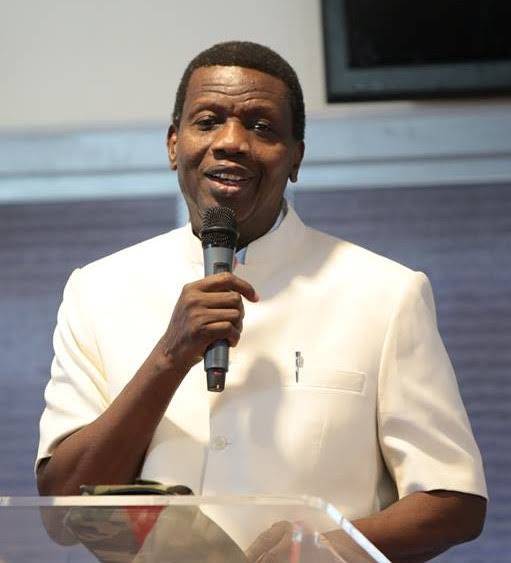If you watched the skits, cartoons and the outpouring of vituperations on Minister Nyesom Wike, you would think he committed treason, or something near murder.
A lawyer with an Obidient imprint threw the word alcohol and another writer spewed out words like drunken and inebriated as though they tossed a breathalyzer at the man and he tested positive to alcohol intake.
In Journalism and historical scholarship, the mantra is, “facts are sacred and opinions are free.”
These days peddlers of lies in the pretension of intellectual pursuit feel free to befoul the facts.
If Wike takes either writer to court, I would predict financial windfall for Wike, except that the outlets would go bankrupt trying to pay.
A general once known in public as Buratai, who left his command in an ethical cloud has mistaken a land dispute with national security.
Two ministers, one Matawalle, who was a disaster as governor and another one Badaru also a near disaster as chief executive of his state have turned a matter between a cabinet colleague and sullen naval lieutenant into a north-south matter, a semiotic confusion.
As our Weekend Editor Festus Eriye reminded us last week, the umbrage against Wike had little to do with what Wike did.
It was about what name they gave the masquerade before it came out to dance. Whether he performed well or not, the fact that they had given the dancer the name of a pariah, he could never have risen before the insult in their eyes.
If they were not miffed because he turned the PDP on its head, they were not happy he upstaged a region with the sacrilege of being appointed the federal capital territory minister.
Some, especially Obidients, flay him for “handing over Rivers State” to Tinubu in the 2023 polls. Recently, his sin was that he had the temerity to fight with Rivers State Governor Sim Fubara.
In the words of Prophet Isaiah, it was “here a little, there a little.” His wrongs are the drips that became a poisoned pool.
So much sentiment has beclouded many who should reason because of prejudice. It is often harrowing to read otherwise enlightened people chop logic with runaway drivels. It reminds one of Russian novelist Leo Tolstoy’s assertion to “educate the educated.” The saying, “Jack was sent to school to learn to be a fool,” comes out in bold relief.
So, should Wike have called the fellow a fool? Of course not. But was that the crux of the matter? Of course not.
Wike’s temperament was that of an elder provoked. We forget that there was an antecedent to the incident.
Members of staff of the FCT had visited the site, as the director in the ministry reported. They asked if they had papers and it was obvious they did not have the requisite papers for residential homes. This same sainted Lieutenant Yerima and his fellows had threatened to open fire on the officials for daring to question their roles.
That was when the minister came in. Could he have settled the matter without going there? Yes. Was he wrong to do that? Of course not. Since I first knew anything about works and infrastructure, ministers, governors and commissioners have always visited sites. Why is this different? Is it because it was Wike? Tactile evidence often helps the executive hands-on knowledge of his stewardship.
When, a few years ago, Lagos State Governor Babajide Sanwo-Olu had a similar spat with a police officer, news media and online interlocutors who deride Wike today also described Sanwo-Olu with words akin to a wimp. I call this the Ketekete syndrome, apologies to Ebenezer Obey’s song about how hard it is to please humans.
In the cultural sense, we can say the fellow ought to show some respect to an older man. He did not. There is a wiser way to say, “I cannot let you in without even infuriating an elder.” Rather, you disarm him. He acted as the minister’s mate. The uniform is no excuse to disrespect an elder.
A few issues have been repeated. One, in these days when we have not enough men in uniform, what is a military man doing guarding a road buffer? The effusions of Buratai, Irabor and others forget that the society made the army. The army did not make the society. We are in a democracy, not a military autocracy.
Our love for impunity draws from two sources, our monarchical past and military rule. The soldiers collapsed these two traits into the persona of a bully, and they tyranised over us for most of our history. What Wike did was to assert the constitution over the uniform. But because many have not cut themselves away from the military cloth, they still think under the spell of the army. No wonder some still call for coup just because they hate the man elected to be president. A few careless, malicious writers recently justified the rumoured coup attempt simply for that reason.
We should not forget that Nigeria is a state with an army, and not an army with a state. The soldier was made by law and so cannot be a law unto himself. There is no such constitutional order as we the army. It is we the people.
Then governor of example Babatunde Raji Fashola exemplified this when he arrested an Army colonel who was fined for violating BRT lane.
This republic was born with a slew of soldiers at the top and they brought with them the tribunitian impulse of the barracks. If you can touch an elder’s hem, it does not put you at the helm.
It is a war not in the battlefield but on the constitution, and the people ought to understand that it is mental slavery and it makes us look like buffoons to act as though we are in a soldier’s platoon.
Another unanswered question is how many times will the story of land and generals permeate the news? Did anyone ask how a retired general had the resources to afford over two acres of land in Abuja? How did these men turn Abuja into a general’s paradise?
Recently, a news report said 84 out of 1, 978 entry points into Nigeria are without security operatives. Some of such needed operatives are land supervisors. It is not today big men privatise our armed forces. Some of them cook, take their children to school and even carry their wives’ handbags.
The pity of the Wike-Yerima standoff is that the concept of democracy is still gasping for popular oxygen.


